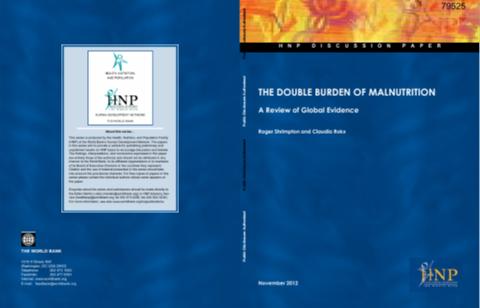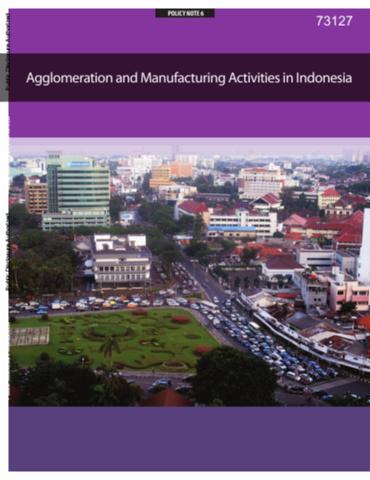Shelter from the Storm--but Disconnected from Jobs : Lessons from Urban South Africa on the Importance of Coordinating Housing and Transport Policies
Informal settlements are a permanent
feature of South Africa's cities. Estimates from the
General Household Survey by Statistics South Africa show
that more than 26 percent of all households in the
country's six metropolitan areas live in informal






